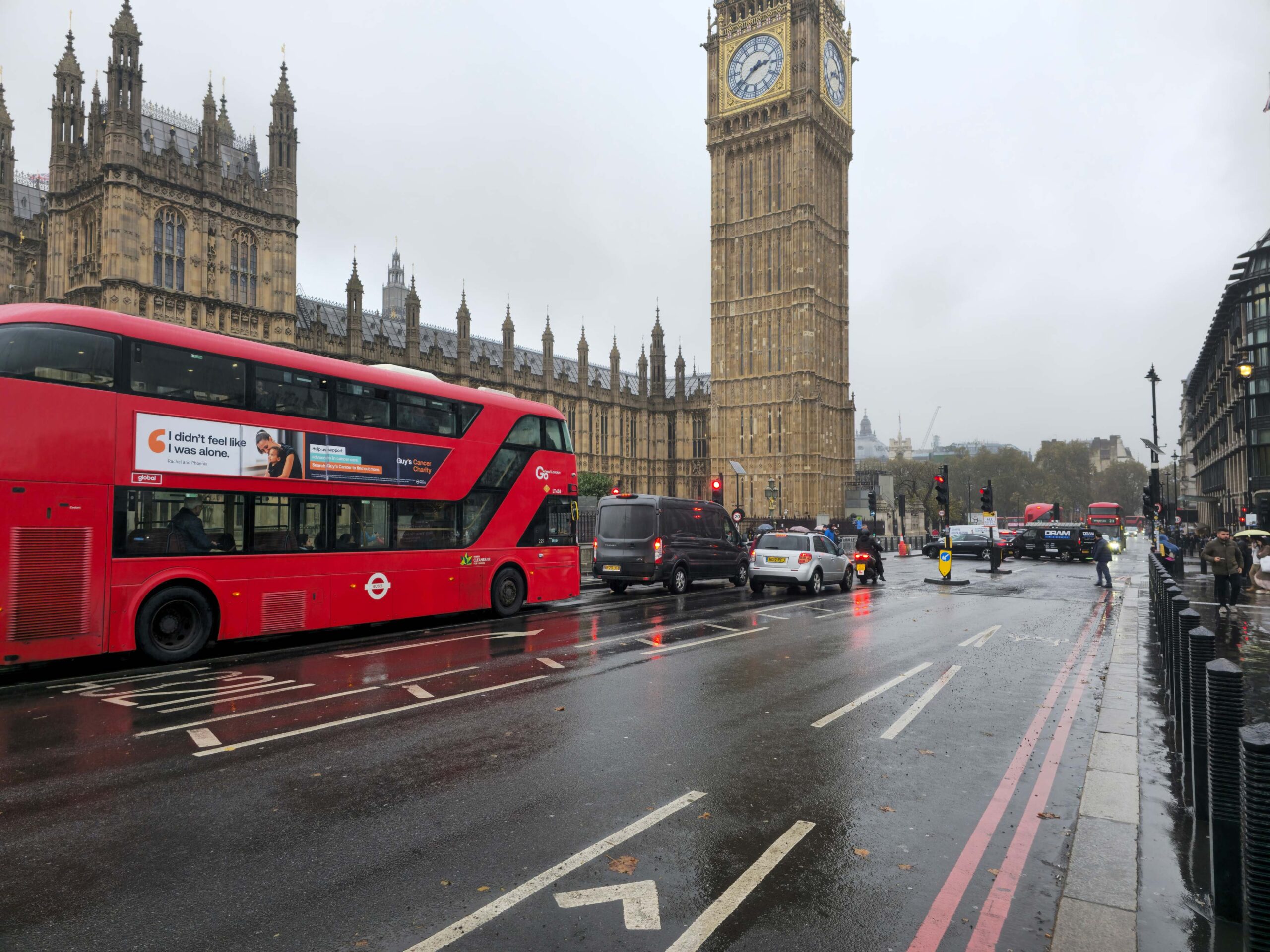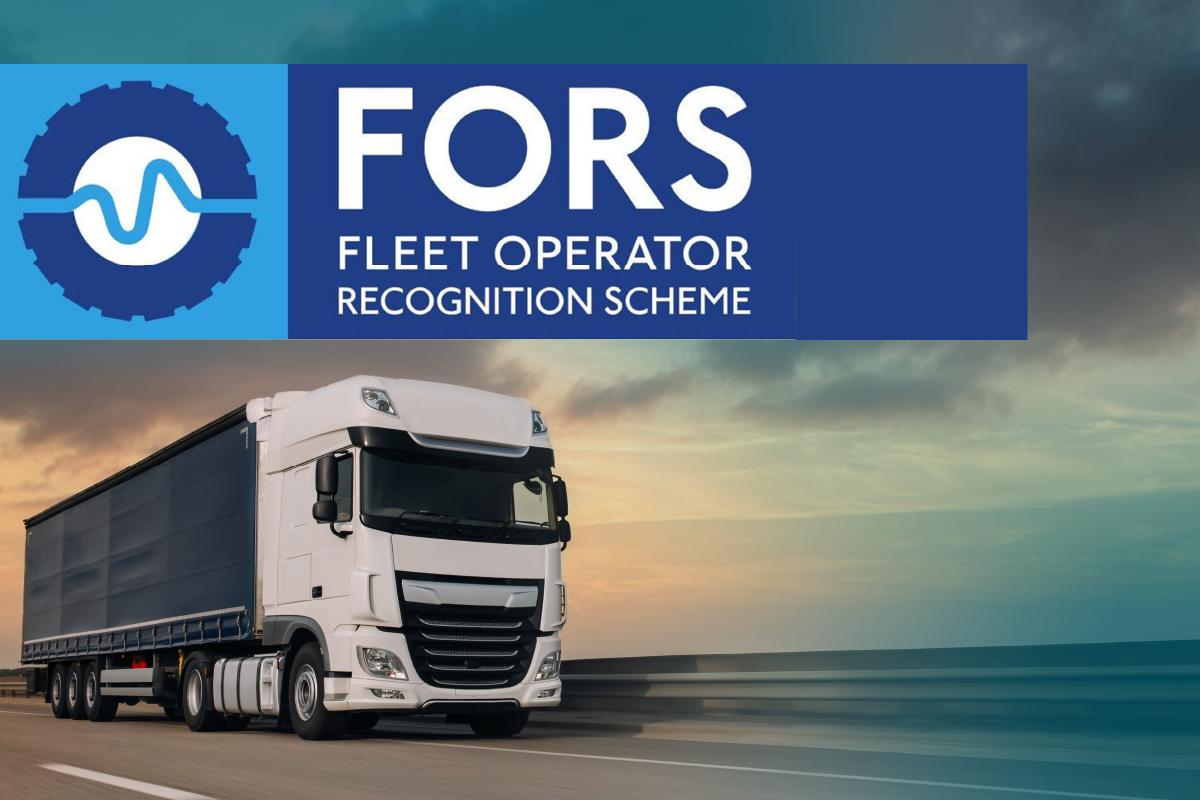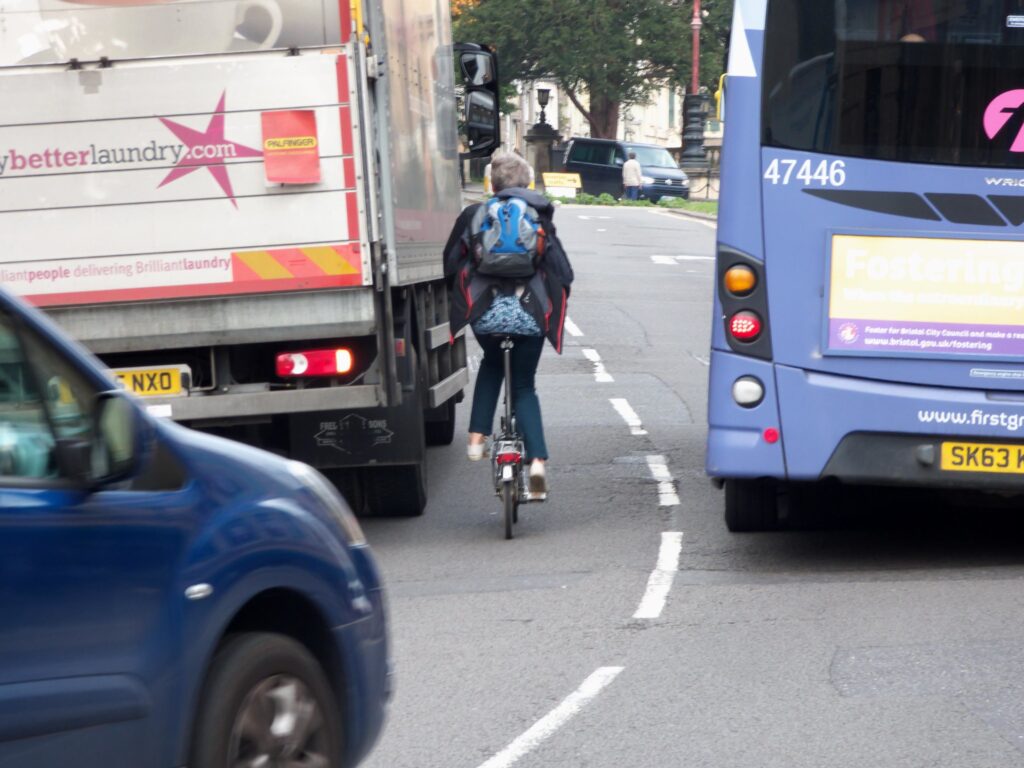A proposal to extend the DVS
A new proposal is on the table to extend the Direct Vision Standard (DVS) grace period by six months, starting from October 28.
The DVS, which was introduced in 2019 and started being enforced in March 2021, aims to enhance the visibility for drivers of heavy goods vehicles (HGVs) over 12 tonnes to prevent accidents caused by blind spots.
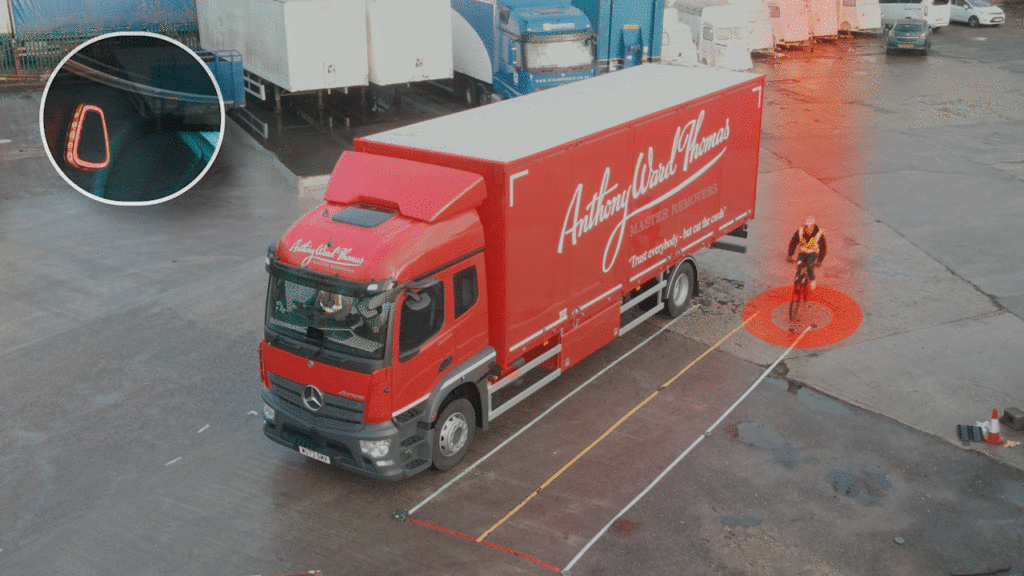
From October 28, all HGVs entering Greater London must have a three-star safety rating. If they don’t meet this standard, they’ll need to install advanced warning systems known as the Progressive Safe System (PSS) to get a permit from Transport for London (TfL).
Councillors will meet on Thursday, July 18, at the London Councils’ transport and environment committee’s AGM to decide if fleets should get more time to upgrade their vehicles.
The committee has three options: no extension, which road safety advocates support; a 12-month extension, requested by the industry; or the six-month delay proposed by TfL, making the new rules effective from May 4, 2025.
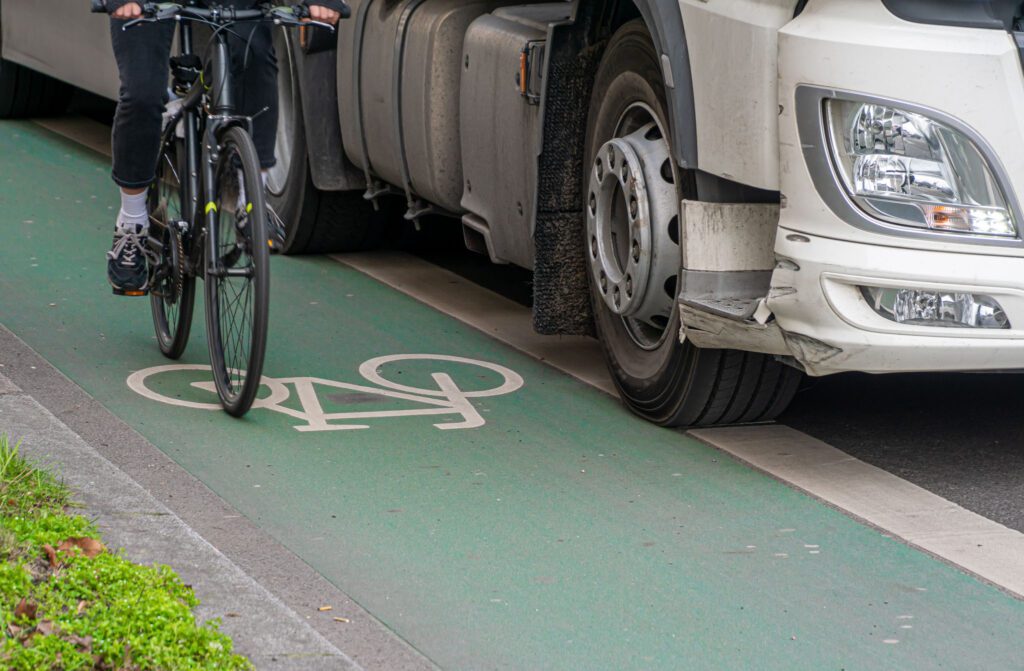
Many businesses worry about whether they can get and install the necessary equipment in time. The committee’s papers note that while the industry’s concerns are genuine, a closer look suggests that a 12-month extension isn’t necessary. However, they also recognise that not extending the grace period could cause issues for both the industry and TfL.
Therefore, they believe TfL’s proposal for a six-month extension strikes a good balance between quickly improving HGV safety and giving the industry a firm but manageable deadline.
Want To Learn More?
If you aspire to enhance your fleet operations, give us a call or drop us an email, and together we can explore how our solutions can transform your business. Don’t miss out on the opportunity to optimise your fleet’s performance and maximise your success.
Contact us now and unlock a new era of efficiency and profitability for your company.


